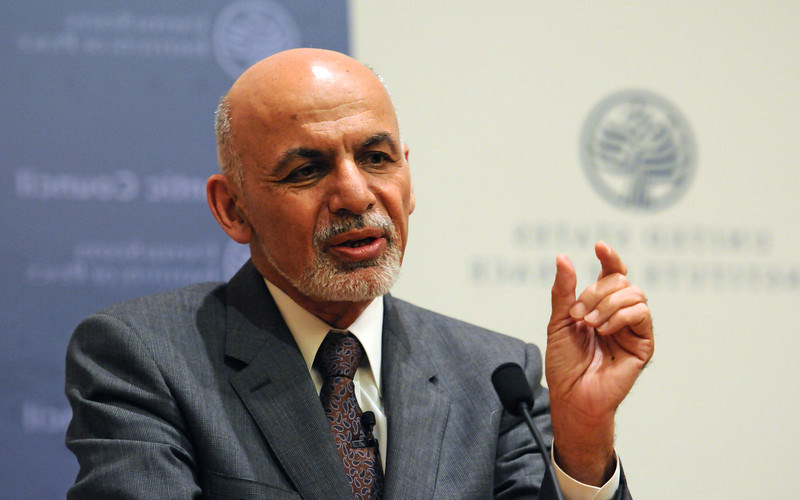
Should the U.S. Bring the Taliban in from the Cold?
As witnessed by the Taliban attack that killed over 160 Afghan soldiers recently, the group’s resurgence is evident, and so is the inability of the Afghan military to hold their own. It is also becoming increasingly obvious that the state institutions in Afghanistan, including the government, are continually unable to provide basic security for Afghans. The conundrum is difficult to solve. A change in policy is needed.
The recent upsurge of attacks in the country has compelled the Trump administration to mull over the possibility of again committing more combat troops. The US is likely to supplant its policy of mere support in capacity building with an increased military footprint. It is right to argue that this kinetic-heavy counter-insurgency strategy will do little to weaken the resolve of the Taliban. If anything it will embolden them. Apart from being ineffectual, a counter-insurgency tract will invite more criticism from ordinary Afghan citizens who are tired of war.
Peace can be brought about by implementing an Afghan-owned reconciliatory process although the US must play a role in bringing the Taliban to the negotiating table through influencing the Afghan government and regional actors. This will show a US commitment to lasting peace in Afghanistan. It will most importantly do away with the Taliban’s main apprehension, foreign occupation. It must be stressed that the Taliban are averse to the disruptive role that the US has played in destabilizing Afghanistan for some well-documented reasons. Hence, if the US espouses an Afghan-led process then it will incentivize the Taliban to come to the table. Forging peace negotiations with the Taliban may also encourage other armed factions to enter into mainstream politics in Afghanistan.
The US can also cooperate with Islamabad and China to influence the Taliban to begin a dialogue, as an unbridled Taliban can be a cause of concern for Pakistan and China as well. Russia’s willingness to broker a deal with the Taliban should be welcomed by the US. Russia and the US consider ISIS operating in Afghanistan a common enemy; the cooperation over the Taliban issue could signal a concerted drive against terrorism.
However, there are misgivings about the Taliban ending their military efforts after signing a peace deal. There are few factors which need to be considered. Firstly, military operations are proving counterproductive and reinforcing failures leads to more disasters. If foreign troops cease fighting but at the same time threaten to take punitive action, then the Taliban could be compelled to cooperate with the Afghan government. In conjunction with the dialogue process the US must insist that the Afghan government deliver good governance to its citizens and clamp-down on corruption and drug trafficking. Successes in these areas would gradually deprive the Taliban of its sources of revenue and influence. They would have little room to finance their operations, recruit militants and consequently would not pose a challenge to the state.
Giving talks a first-tier status in the overall Afghan strategy is important. It will show that the US is committed to ending the war and will leave the country pursuant to a framework of peace. It is important to highlight that Afghanistan has been at war for many years and a ramped up combat effort will only extend the conflict indefinitely. The Taliban does not pose nor does it have the ability to pose a national security threat to the US. The socio-cultural and ethnic composition of Afghanistan makes the Taliban a relevant component of the society, a reality which must be recognized by US policymakers. Hence, appeasing the Taliban and bringing them to the table is central to Afghanistan’s stability.

